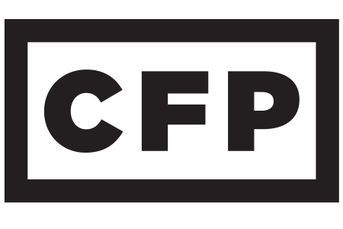The need for a successor can sneak up on you, so plan ahead

After a lifetime of work, be sure to go out on a high note.
InvestmentNews’ new series on advisers’ succession planning experiences has been well received by business owners struggling with the process — or even getting motivated to start the process.
Last week’s profile brought home the importance of early planning like no other.
Financial adviser Benjamin Tobias had to leave the firm he’d founded rather suddenly to become a full-time caregiver. His wife’s battle with cancer intensified in 2016, a full five years before Mr. Tobias was to turn 70 and begin his transition to retirement.
“It got really bad. I was a basket case and unable to work,” he told senior columnist Jeff Benjamin.
Mr. Tobias’ competing priorities — responsibility for both his family and clients — could simultaneously be met because of the care he’d taken to plan ahead for the eventual release of his firm into new, capable hands. He had brought on successors and began the ownership transition in a structured way that could be accelerated as the need arose.
Unfortunately, many business owners aren’t doing this. As pointed out in the story, though 66% of firms participating in a 2017 FA Insight Study of Advisory Firms reported having a succession plan, only 37% thought it was adequate.
InvestmentNews research showed similar results. Findings from a study of ours conducted with Cambridge Investment Research Inc. in 2018 showed 41% of advisers reported having a succession plan at their firm. So for 59% — no plan.
Look, finding the right successor is no walk in the park. It’s hard enough just trying to recruit competent young financial advisers in many parts of the country, let alone finding those who will stay with the firm long-term and want to take on the role of business owner. But advisory firms need to try. And try early. Firms may also need to expand beyond their immediate geographic limitations for the right successor. Ensuring a smooth transition is that important to your clients.
As Mr. Tobias said, “If Matt or Nela [his successors] weren’t there, I would not have had any choice. I would have had to get with one of the consolidators to make a sale.” And that decision would have been rushed, as well as made under the fog of pressing family concerns. Not good for client, and not good for a business owner who has spent a lifetime building up a practice from scratch.
Sometimes a sale makes the most sense — but on your own terms and in your own time.
The first story in our succession series involved an adviser who initially thought he’d want to transition his firm internally. But frustrated with a variety of constraints along that route, he instead found, through his custodian, an outside buyer with a culture and team he felt comfortable merging with his own to continue serving his clients well.
“It’s very important to do things to keep people on board, because you don’t want to disrupt the relationships with clients and you want to keep the team very much intact,” said Leon LaBrecque, former CEO of LJPR Financial Advisors and current chief growth officer of its acquirer, Sequoia Financial Group. “We gave the clients almost 100 days to figure out what it would look like; we didn’t want to surprise anyone.”
Only the business owner who plans ahead will take care of the important people around her: clients, staff, herself and her beneficiaries. After a lifetime of work, go out on a high note by taking the time to put a solid succession plan into place well in advance.
Learn more about reprints and licensing for this article.








